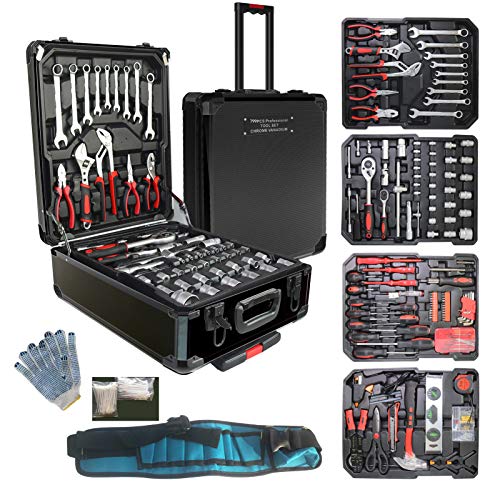wrcsixeight
Well-known member
- Joined
- Sep 14, 2012
- Messages
- 537
- Reaction score
- 0
I can't read post# 19.<br><br>That power supply contains a 36 amp hour battery. For the dimensional footprint listed of that unit, one could get an AGM battery of at least 200 amp hours and power the fridge for nearly 6x as long. Including the height of that footprint, 400 amp hours of AGm battery, but it would also be 90 KG<br><br> There are some convenience bells and whistles and the "Up to 42 hours" should be taken with a large grain of salt. Perhaps it could when brand new fully charged preloaded with precooled items, and maintaining 42f interior temps with minimal door openings, the claim is feasible, best case scenario at the ambient temps stated. That would be consuming just over 1 a/h per hour which is reasonable.<br><br>Using it to deep freeze warm things placed within to 18F or lower would have to use 20 to 50% more juice. Sorry about the use of the Farenheit scale.<br><br>If you only plan on using the fridge on outings here and there overnight only, it will work just fine. If you are planning on Van dwelling long term your money would be better spent on larger batteries. You would be spending a lot for convenience, and I can not answer if it is worth it to you.<br><br>I have a few issues with some other claims in the product description. Stronger battery Acid degrades the plates faster, not slower. Voltage readings under load are not really indicative of state of charge with any accuracy so that is an expensive bell, or whistle. It appears to have a built in charger, but they do not say how long it takes to fully recharge it, but I suspect at least 12 hours and upto 24.<br><br>Not sure of the price of AGm batteries in Australia, but here in the states we could get 115 a/h of AGM for ~200$ without searching hard and 165$ if searching.<br><br>We can get ~ 232 amp hours of the highest quality Flooded Golf cart batteries available for 240$.<br><br>What kind of vehicle are you planning on using, how are you planning on using it? What other electrical loads will you need to power?<br> What are your abilities in terms of carpentry, wiring? How simple or complex are you planning on taking this, and for how long?<br><br>Are you willing to pay an Auto sparky to wire things up if you cannot do it yourself?<br><br><br>










































































